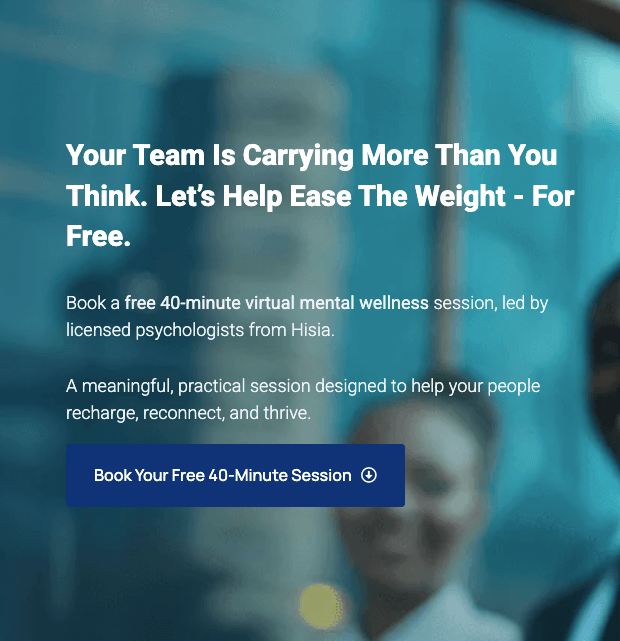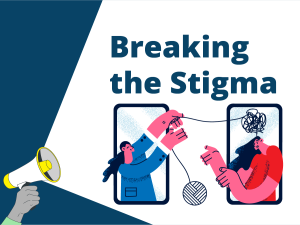“This thing has paralyzed my life!” Blurts out an irritated male friend when I seek to find out how he feels about the Covid-19 pandemic. Most men are in this state – unable to exercise the control, authority, and safety that’s often associated with masculinity.
Just like everyone else, none of them had the time to prepare for or adjust to any of it, especially with the ‘social distancing’ which has become the new order of the day. Relationships are strained, socializing joints closed and gatherings banned. Men do need their ‘bromances’. Hanging out with ‘the boys’ on Friday evenings has always been something to look forward to for many men; providing a chance to unwind and release the pent-up stress from a week of work.
The pandemic had affected most jobs and businesses and men find themselves feeling uncertain on how to keep their families economically safe currently and in the future. Masculinity in the Kenyan society is heavily associated with the roles of provider and protector.
The Covid-19 pandemic has targeted these two aspects of masculinity directly. When men start to feel insecure and inadequate, symptoms of depression begin to set in.
Below are some things that you can do throughout this period and beyond to help uphold your mental health and maintain your feeling of self-worth by reducing anxiety & stress triggers:
Budget for the future.
Your financial needs are now shifting. You’ve had to purchase extra supplies that will see your family through the COVID-19 pandemic period. Your business may also have been affected and cashflows are now irregular and worrying.
To be fully in control of your finances, review your family and business upkeep budget and prioritize the essentials to avoid panic and distress. The knowledge that you have provided for your family’s needs can stimulate feelings of peace and contentment.
Embrace Positivity.
Avoid misleading social media news that increases your paranoia – fake news. Some people may transfer their toxicity and negativity to you as they panic and this will trigger your anxiety. Seek out and hold conversations with those who are optimistic. You would be in a healthy position to discuss the crisis we are in, plan for the future and envision a starting point for recovery when it is all over.
Take a Break.
It’s okay to be concerned and seek out news updates. However, once in a while you need to step away from watching the news and holding conversations about the pandemic to help you manage any anxiety that you may have.
Also, working from home does not mean you work from dawn to dusk without breaks. Get some sunshine, listen to some good music, watch a comedy or start a home-based project.
Plan your time.
You may have thought working from home would be a breeze. You’d save on transport expenses, lunch expenses and time wasted in traffic. The reality is that the home environment provides challenges to your time usage. You’re now having a full English breakfast every morning, showering at 10 a.m. and watching just one more episode before you get back to work.
Set out the tasks that need to get done during the day and plan your time. You may not have your supervisor or clients hovering over your shoulder. It is upon you to get the job done. Plan your time well, prioritize and get it done.
Set Boundaries.
While working from provides for extra time to be with one’s family, it also brings with it a new set of challenges. The intrusion of a spouse, child or other relatives into your workspace at home can cause irritability and result in unnecessary conflict.
To avoid the intrusion and create a peaceful environment, set up your home work station in an area that is not the focal point of your house, create time blocks for when you will be working and when you’ll catch up with the family. For example, the sitting room will be used as a place to unwind by many family members and this will interrupt your concentration. Your bedroom, a home office or the dining room (if you have them) are good options.
Find an Emotional Outlet.
Physical social distancing should not mean that you cut ties with your friends and loved ones in this period. Catch up via voice and video calls. Share your progress and experiences. Maintaining great social connections goes a long way in boosting mental health.
If you have been seeing a psychologist, find out what other avenues they can provide for you to continue with your therapy sessions such as e-therapy. This ensures you have a safe place to express your concerns, fears and insecurities in a positive manner. It will help you prevent or reduce psychological agitations and the manifestation of mental issues into physical complaints (somatic symptoms).
Rebuild Relationships.
This could be the time to re-connect with your friends and family and set your relationship priorities in order. However, remember to physically distance yourself from aged friends and family and those with existing medical conditions. You also need to look out for toxicity as well as emotional leeches. You may want to help everyone you talk to but you may harm yourself in the process. Try to get comfortable with referring friends and relatives to professionals who are better equipped to deal with their anxiety issues.
About Maureen
This article has been written by Maurine Oriwa, a Psychologist at Hisia Psychology Consultants. Maurine is a trained cognitive-behavioral therapist (CBT) for Adolescents and Art & Play therapy for paediatrics. She focuses on building relationships between Adolescents & their parents/caregivers and taking parents through individualized and child-friendly parenting approaches.
To speak to Maurine or any other psychologist at Hisia Psychology Consultants about anxiety counseling, parenting counseling, children counseling,drug & substance abuse recovery, relationship counseling, family counseling, suicide prevention, grief support, and self-esteem therapy, kindly call +254 745 562 108 or fill in your contact details in the form below









